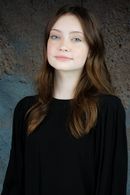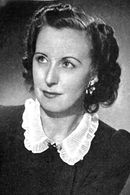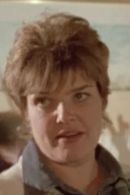Miro Bilbrough, a multifaceted individual, embarked on a diverse array of career paths prior to transitioning into the realm of filmmaking. Her professional endeavors included stints as an art curator, where she meticulously selected and showcased various artistic masterpieces, as well as an art critic, where she offered insightful evaluations of creative works.
In addition to her work in the art world, Bilbrough also explored the realm of journalism, penning film reviews and critiques that showcased her astute eye for detail and her ability to thoughtfully analyze the cinematic medium. Her passion for food and drink led her to pursue a career as a cook, where she skillfully prepared a wide range of delectable dishes, and as a bartender, where she expertly mixed and served an assortment of beverages.
Bilbrough's creativity and resourcefulness also led her to briefly work in a fish factory, where she honed her skills and gained valuable experience in a fast-paced industrial setting. Furthermore, she pursued her literary ambitions by publishing her poetry extensively in New Zealand, her country of birth.
In 1996, Bilbrough made her debut as a filmmaker with the short film URN, an adaptation of one of her own poems. This initial foray into the world of filmmaking was made possible after she settled in Sydney, where it received a theatrical release. As a writer-director, Bilbrough's subsequent credits include Floodhouse, a short feature film, and Bartleby, an adaptation of Herman Melville's classic tale, which earned the Silver Medal for Fiction at the Bilbao International Film Festival in Spain in 2001.
In addition to her work in fiction filmmaking, Bilbrough has also made significant contributions to the realm of children's animation, writing the BAFTA-nominated film Bad Baby Amy in 2001. As a co-writer, she collaborated on the docu-dramas Car Crash and The Fifth Continent, and wrote the coffee table book for Baz Luhrmann's critically acclaimed film Moulin Rouge.













